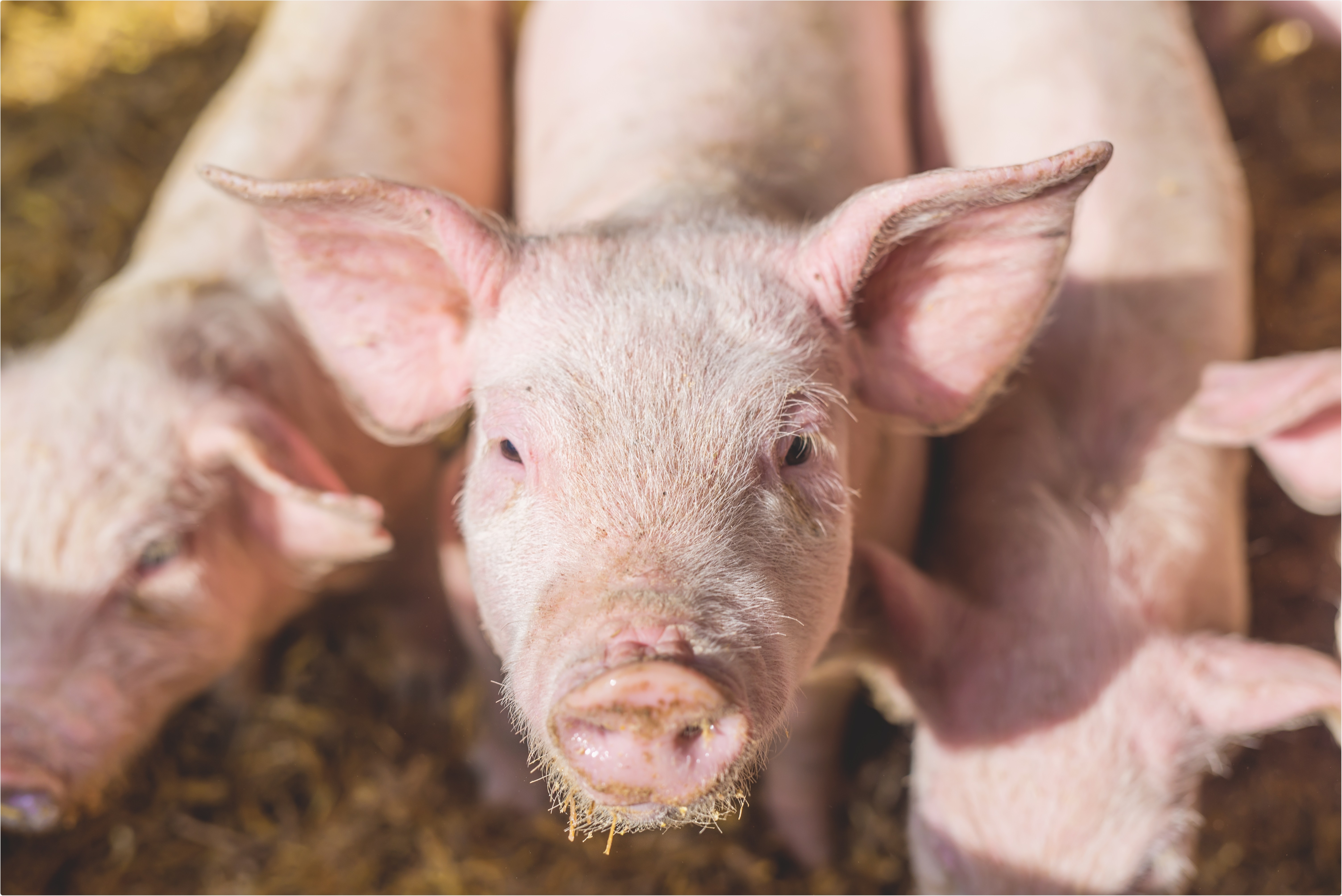US scientists are the closest yet to creating genetically modified pigs with organs that can be safely transplanted into humans.

The researchers identified and eliminated 25 porcine endogenous retroviruses (PERVS) hidden in the pigs’ DNA that can trigger organs to be rejected by the human immune system, thereby overcoming one of the biggest barriers in interspecies transplant or “xenotransplantation.”
Our study highlighted the value of PERV inactivation to prevent cross-species viral transmission and demonstrated the successful production of PERV-inactivated animals to address the safety concern in clinical xenotransplantation,”
Luhan Yang (Harvard university) and colleagues.
The researchers say preventing the rejection of pig organs is a huge challenge, but that these pigs are the most genetically modified animals far. If xenotransplantation can be made safe, it has the potential to prevent the thousands of people in need of transplants having to wait so long to receive an organ.
As reported in Science, the team used the gene-editing technology CRISPR to eliminate the viruses in 37 pigs. This game-changing technology involves a piece of “guide RNA” binding to a sequence of viral DNA and then guiding an enzyme to cut it at specific sites, so that DNA parts can be removed or added.
Next, using the same cloning technology that created Dolly the sheep, the researchers inserted the modified genetic material into pigs’ eggs to create embryos, which resulted in the birth of 37 healthy piglets.
This work provides a promising first step in the development of genetic strategies for creating strains of pigs where the risk of transmission of retroviruses has been eliminated. It remains to be seen whether these results can be translated into a fully safe strategy in organ transplantation."
Ian McConnell (University of Cambridge)
Removing the viruses is only part of the challenge in preventing organ rejection; even the transplant of human organs triggers adverse immune reactions that lead to rejection.
The eGenesis team are currently looking at further genetic modifications that can be made to increase the suitability of the organs for the human immune system.
Sources